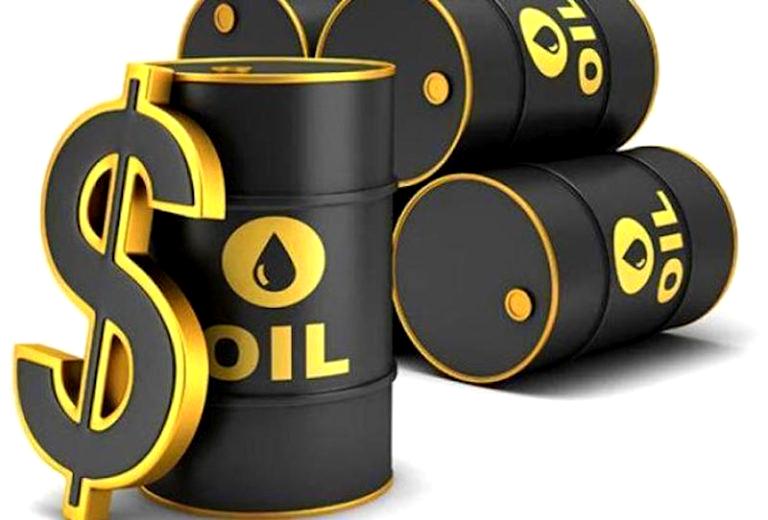Oil prices rose about 1% to a nine-month high on Friday on rising U.S. diesel futures and worries about tight oil supplies after Saudi Arabia and Russia extended voluntary cuts this week. Brent futures rose 76 cents, or 0.9%, to $90.68 a barrel. U.S. West Texas Intermediate crude rose 67 cents, or 0.8%, to $87.54. Both crude benchmarks remained technically overbought for a sixth day in a row, with Brent on track for its highest close since Nov. 16 and WTI since Nov. 11. For the week, both benchmarks were up about 3% after Brent gained about 5% last week and WTI gained about 7% last week. This week, Saudi Arabia and Russia extended their voluntary supply cuts of a combined 1.3 million barrels per day (bpd) to the end of the year.
Saudi Arabia will probably find it difficult to end its cuts at the end of the year without triggering a price slide, Commerzbank analysts said in a note. Rising U.S. diesel also lent support to crude futures with heating oil prices up about 3% and on track for their highest close since January. Separately, the U.S. confirmed that it disrupted in April a multimillion-dollar shipment of crude oil by Iran’s Islamic Revolutionary Guard Corps, seizing more than 980,000 barrels of contraband crude oil that violated U.S. sanctions. The oil market is still concerned about the demand outlook in China. The world’s largest oil importer has had a sluggish post-pandemic recovery and stimulus pledges have fallen short of expectations. China is suffering from the heaviest rain since records began 140 years ago in Hong Kong, killing two people and injuring more than 100, media reported.
Data on Thursday showed overall Chinese exports and imports fell in August, as sagging overseas demand and weak consumer spending squeezed businesses. Still, even when its economy slows, China tends to bolster its storage capacity, particularly since Russian crude has been cheap. Last month, Chinese crude imports rose nearly 31%. Demand for crude could also benefit from workers going on strike at Chevron’s liquefied natural gas (LNG) projects in Australia, which produce about 5% of the world’s LNG supply. In Germany, the lower house of parliament passed a bill that could reduce future fossil fuel demand by phasing out oil and gas heating systems. Oil traders are also watching whether central banks in the U.S. and Europe will keep fighting inflation with interest rate hikes. “Riyadh is acutely aware of the tightrope it walks between tightening the market and upsetting any up-and-until-now progress achieved by central banks in taming price-rise driven inflation,” said John Evans of oil broker PVM. Rate hikes can slow economic growth and reduce oil demand.


